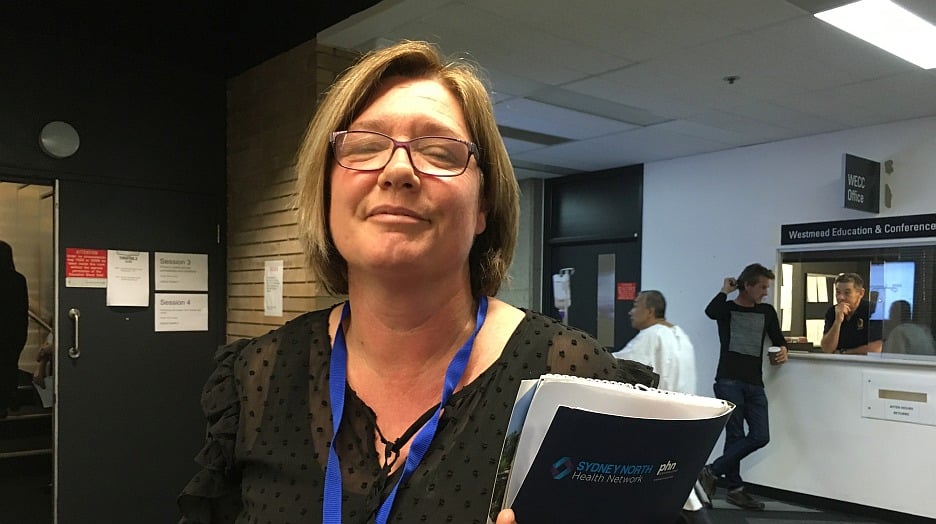When Sydney North Primary Health Network (PHN) looked at supportive and palliative care gaps in end of life care one of the areas that they identified for more support and development was the delivery of end of life care in residential aged care settings.
As Care Coordination Commissioning Manager with Sydney North PHN, Debra Clark oversaw the subsequent development of the initiative with HammondCare.
From an initial pool of 65 residential aged care facilities (RACFs) a group of 24 facilities were selected. Staff in each facility were invited to attend two workshops facilitated by a GP.
“What we discovered through those workshops was that there was actually a barrier to communicating between the care worker and the RN, consequently they weren’t effectively communicating with what was wrong with the resident.”
So a third ‘communication’ workshop was developed and PEPA placements were offered to improve staff awareness of palliative care practice, and a GP event was also held to better inform practitioners of the goals and methods behind the initiative and the sites included.
HammondCare identified a need for a suite of resources to provide a quick reference for residential facility staff about end of life care.
In addition to building end of life care capacity within facilities the aims of the initiative were fewer unplanned hospital visits and more timely access to specialists.
They found that high staff turnover was a problem in terms of continuity. Staff availability, staff recruitment and staff support from management were also challenges. Not all facilities rated their involvement in the initiative as highly as others. And naturally it took time to develop trusting relationships between HammondCare staff and facility staff.
It also took time for the facility staff to become familiar with the educational resources that had been developed and to encourage them to be used as a first point of reference.
“Initially we located a set of resources on each level of the facility, but eventually we gave a flipchart to everyone.”
UTS were engaged to do a formal evaluation of their achievements. They measured increased staff competence and knowledge, they were more confident in talking with residents and family members about planning, an increase in people who were able to be supported to die in place, a decrease in transfers to hospital in the last weeks of life, more case conferences with families and more instances of care planning in advance.
“Overall the project was really well received. It showed us that residential aged care facilities and their staff really do want to learn, to be engaged, and when they are it does give them increased confidence.”
Also a community of practice was established for facility nurses to network with palliative care nurses into the future.
Debra was speaking at the 6th Annual Aged Health Collaborative Forum held at Westmead Hospital on the 26th of October 2018.
Pic: Debra Clark at the 6th Annual Aged Health Collaborative Forum


